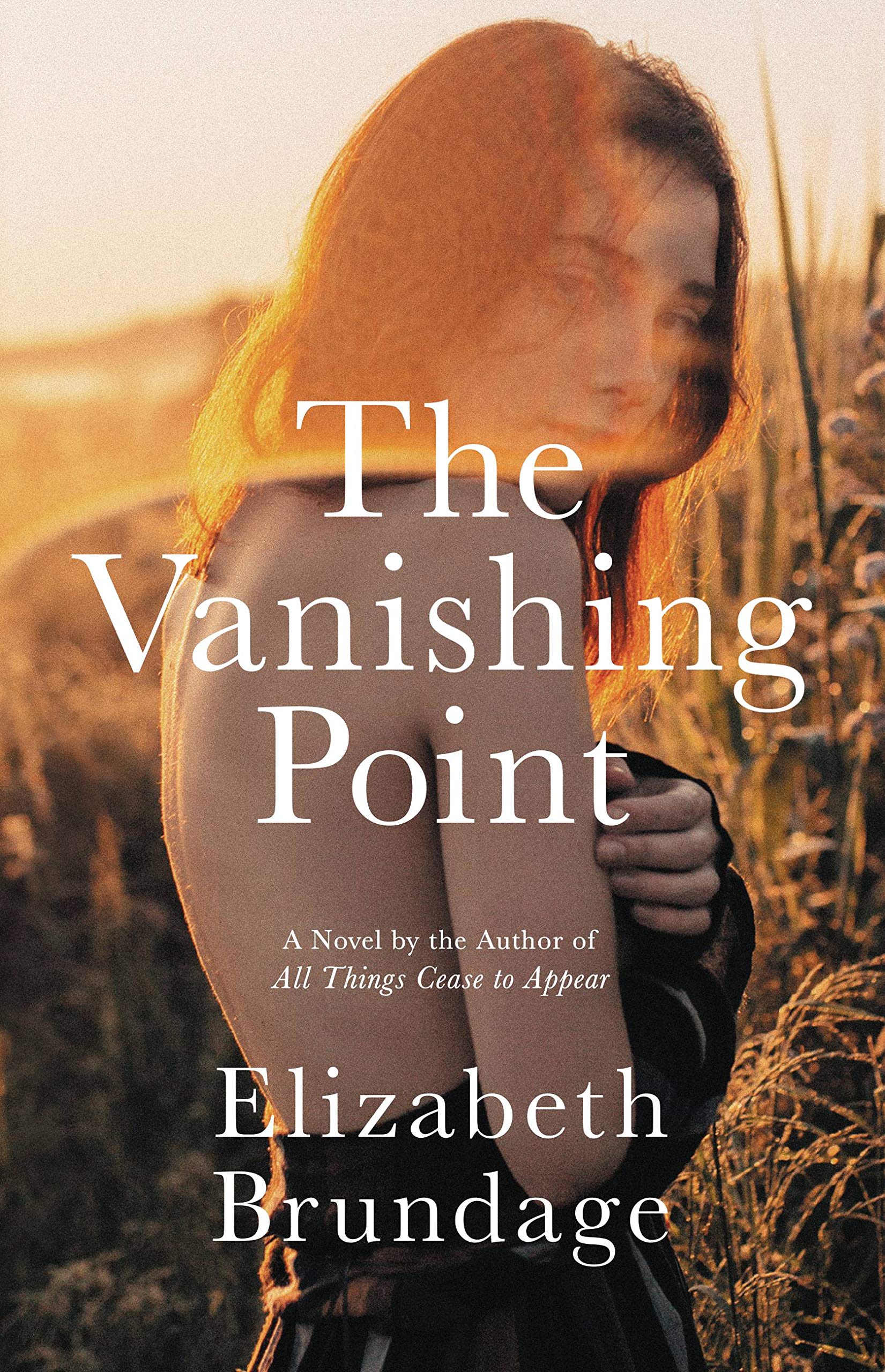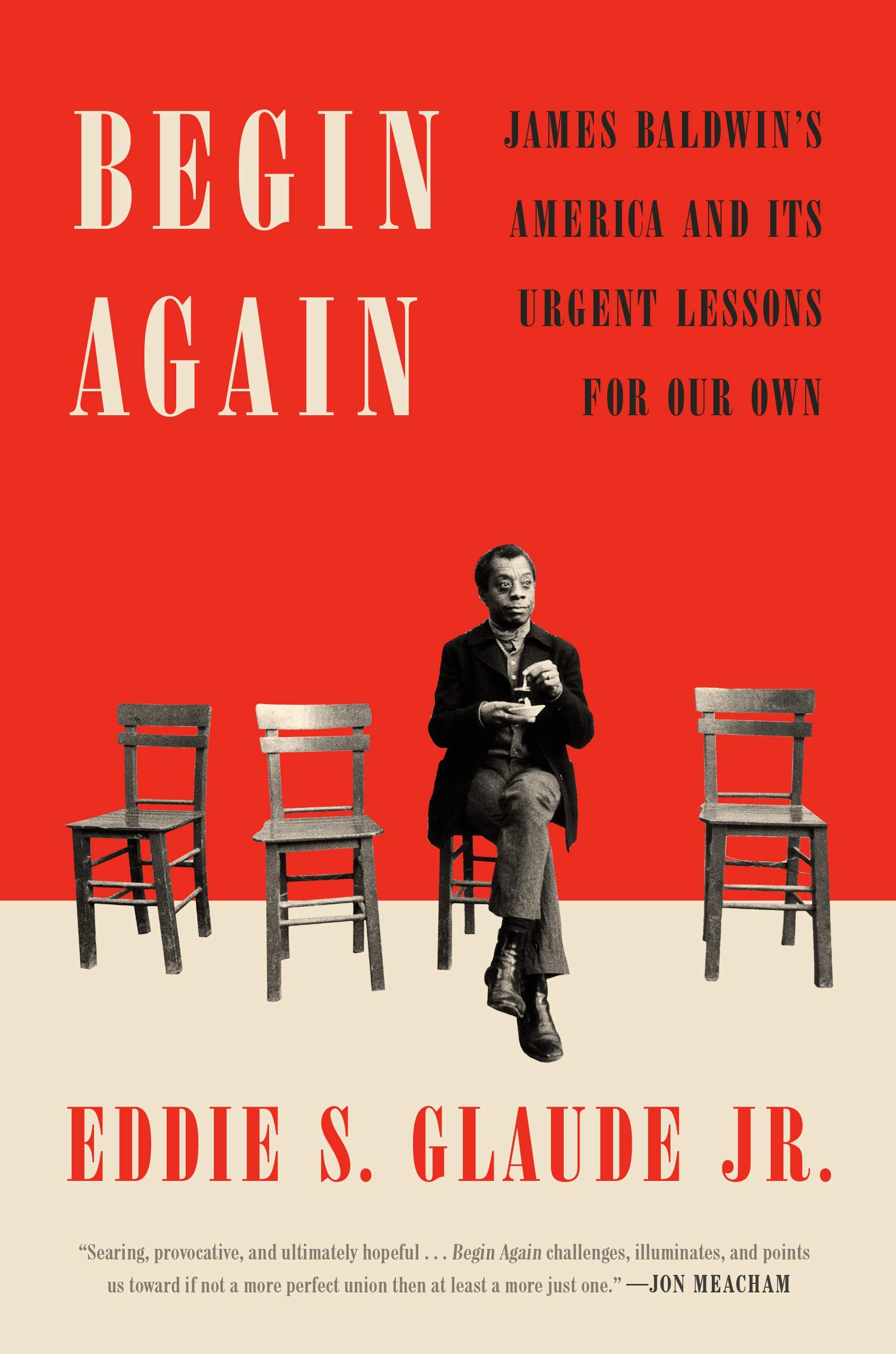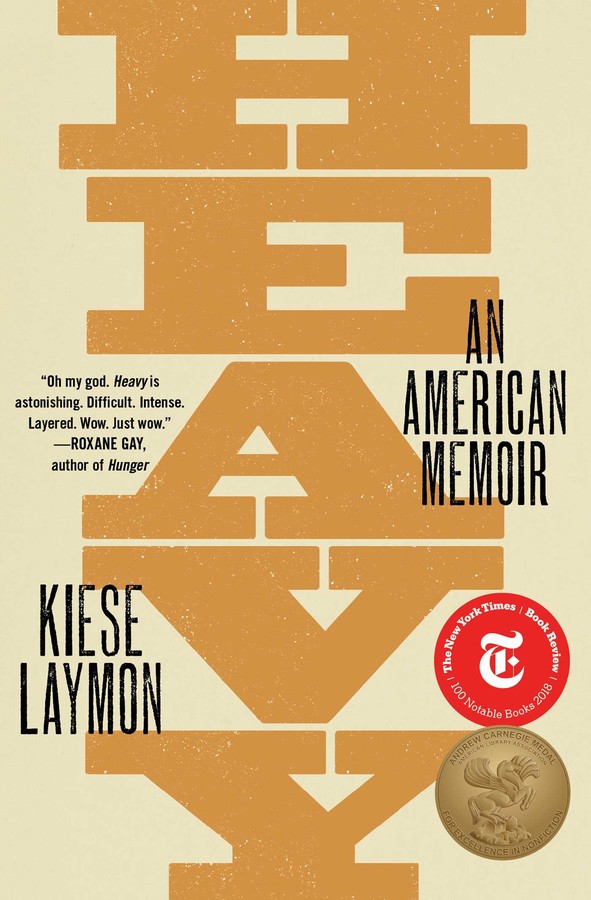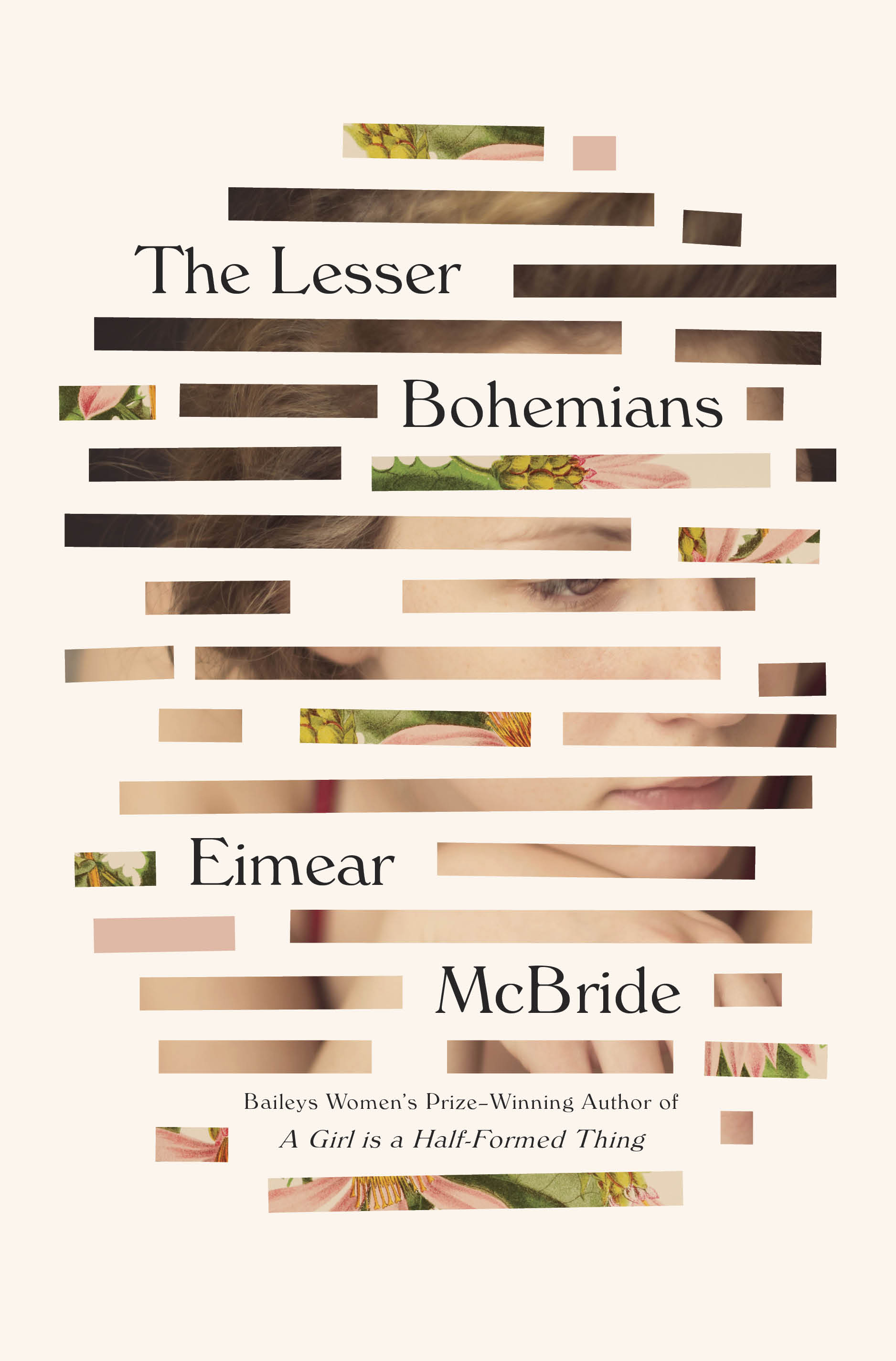In his editor’s note for the Spring 2021 issue, SR editor Adam Ross reminds us that spring is a time to dwell in inevitability and uncertainty. “The leaves,” as he says, “bud in spite of us.” And this season of change and healing brings with it recommendations that ask us to bear witness, to re-examine ourselves and our sense of understanding.

After a winter that even in this milder region seemed would never end, the sun’s been out, dream weather dominates, and even during the chilly evenings, spring is in the air. My concentration’s at its best during transitional seasons: I’m more focused in fall, sharpest in spring. Maybe that’s why the pair of Maggie Nelson books I read—I’m never sure what to call her hybrid works—absorbed me so utterly. Jane, her pastiche memoir/poem about her murdered aunt, killed before Nelson was born and whom she came to know through stories told to her by her mother, by Jane’s fiancé, by police reports, and by reading her aunt’s journals, makes a heartbreaking argument for the outward-rippling effect of violence on those nearest to it, and the power of art to help us not only recover from tragic loss but regain those lost to us. (Nelson’s deeper dive into the case, The Red Parts, which is closer to a procedural, I also highly recommend.) I plunged straight into Bluets afterward, Nelson’s philosophical inquiry into the color blue, whose jumping off points are Wittgenstein’s Remarks on Colour and Goethe’s Theory of Colours. These two touchstones make the book sound highfalutin. And it is, sort of, although its subject, again, is loss, examined through the lens of a friend’s catastrophic accident and the end of a passionate affair, and these events’ associative relationship to the named color. Like the flowers from which the book takes its title, it is written in short bright bursts, an approach so ubiquitous now; but I’m always struck, reading Nelson, by the sheer originality of her lines of attack, her formal inventiveness, and her intellectual heft. She’s as brilliant as a field of freshly petaled larkspurs.
But the novel that entirely took over my life was Elizabeth Brundage’s The Vanishing Point, due out in late May from Little, Brown and Company. On its surface it tells the story of two men, Rye and Julian, in love with the same woman, Magda, and the secrets that not only bind the trio but determine their destinies. One man’s a famous photographer; the other’s a failed artist. All three, along with those closest to them—wives, children, colleagues—are roiled by the desperate need we all share to be seen by each other, and how we can spend our lives hiding from ourselves— disappearing ourselves—blind to tragic degrees. It touches on crises that are politically immediate, of the moment, from climate change to income inequality to drug addiction; however, these concerns are carried on the novel’s wake effortlessly. Brundage has at her disposal all of a great writer’s weapons: she gifts the reader with wisdom and insight (“More, Julian said, the most significant noun of the twenty-first century”); her lyrical flights had me admiringly underlining sentences and paragraphs (“The cold bare floors and iron beds, the rooms smelling of the sea, the salt and the wind, the dampness. You understood the passage of time as the sun roamed the floors, the corners”). But what’s remarkable about the novel is that it reads like a thriller, it enchants without ever resorting to sensationalism because it brings into the sharpest focus how precious this thing is called life. I give it my highest recommendation, now especially, when it appears we are emerging from a dark time.
—Adam Ross, Editor

Here we are at the start of spring, again. Having waded through one long March (2020) with its questions, What is this? How will we survive?, we have come to the end of another March (2021) plagued by its own: What now? How will we start again?
Begin Again, subtitled James Baldwin’s America and Its Urgent Lessons for Our Own, from Eddie S. Glaude Jr.—professor of African-American Studies at Princeton—proffers an answer. Glaude reads James Baldwin’s work—particularly the nonfiction—alongside Baldwin’s personal journey of bearing witness to the civil rights movement and his own after times—the period during “the collapse of the civil rights movement.” Baldwin’s after times left him facing the senseless murders of his friends Medgar Evers, Malcom X, and Martin Luther King Jr., contending with how the “republic had . . . turned its back on everything black people and their allies fought for.”
In attuning to Baldwin’s incisive and, later, disillusioned critiques of America’s “pernicious understanding of race,” Glaude writes with clarity about “the lie,” which is “a broad and powerful architecture” that perpetuates the belief that “the color of one’s skin determine[s] the relative value of an individual’s life and justifie[s] the way American society [is] organized.” This direct confrontation with the lie appraises without sentimentality the seriousness of bearing witness. It takes trauma and suffering into account and extends methods by which Baldwin coped and also left for us a blueprint for how “witness becomes a resource for what’s possible.”
From Baldwin’s witness, Glaude finds “a way of thinking and a language” to express “what is happening today” not as unprecedented but as “uniquely of our times.” Importantly, Glaude finds for us an abiding purpose, a Baldwinian axiom:
“Not everything is lost. Responsibility cannot be lost, it can only be abdicated. If one refuses abdication, one begins again.”
Begin Again—the phrase also a personal reminder and a public exhortation—directs to our own after times of extreme violence, rampant injustice, and senseless deaths. We will start again by bearing witness.
—Hellen Wainaina, Assistant Editor

I’m years late on Heavy, on Kiese Laymon. I first read his writing in Jesmyn Ward’s collection The Fire This Time, in which he writes “Da Art of Storytellin,’” a piece about finding individual and Black voice through OutKast albums. I thought it was perfectly written, which led me to Heavy, Laymon’s memoir, where he both remembers and relates Black experience, Black loyalty and love, Black fear and talent and courage. Heavy illustrates how dangerous it is to live a Black life, how ostracizing, but also how complicated, how secret, how brilliant, and in Kiese’s terms, how “abundant.”
The memoir investigates Black expectation from family, culture, peers, from Black people, from white people, from institutions—the latter well-articulated by Laymon’s mother when she says, “At some point, you are going to have to understand that people outside of Mississippi never know what to do with us when we’re excellent. So they do what they can to punish us.” Heavy explains the expectation for Black perfection if Black people are going to be employed or recognized in white systems, which, in America, is most systems.
There are whole sections that stunned me, that revealed aspects and details of Laymon’s experience that felt like swallowing stones, like how The Cosby Show felt unrealistic to him because “only in science fiction could a black man doctor who delivered mostly white babies, and a black woman lawyer who worked at a white law firm, come home and never once talk mess about the heartbreaking, violent machinations of white folk at both of their jobs”; like how “No one ever taught me to write to and for my people. They taught me how to imitate Faulkner and how to write to and for my teachers. And all of my teachers were white”; like how “the illest part of racial terror in this nation is that it’s sanctioned by sorry, overpaid white bodies that will never be racially terrorized, and maintained by a few desperate underpaid black and brown bodies that will.”
Heavy is first and foremost a book about Blackness, and not a book about whiteness; a book that serves to tell of Black experience, not one that serves to educate white people on that experience. It is, however, consequently, a necessary reminder that even white, self-proclaimed allies are the institutional problem. There is a scene, for instance, where Kiese waits in his car at night for a white woman to enter her apartment, so she does not feel threatened by his presence in the dark. I have been that white woman, whether I have known it or not.
Heavy revealed to me how much I did not know, how much left there is to know, to notice, to deliberately, constantly change.
—Julia Harrison, Editorial Assistant

“I move. Cars move. Stock, it bends light. City opening itself behind. Here’s to be for its life is the bite and would be start of mine.” So begins The Lesser Bohemians, the second novel by Irish author Eimar McBride, that I ashamedly had on my bookcase for far too long. As it sat there, quietly collecting dust for the better part of my twenties, I decided to finally read it last year, and revisit again this spring.
The novel centers around the relationship between an eighteen-year-old girl, freshly arrived in London to attend drama school, and an older man—an accomplished stage actor. Both remain nameless for the majority of the novel; indeed, everyone is reduced to miniscule titles: “the director,” “the flatmate,” “he,” “I.” However, there is one character who is given any real semblance: London.
What begins as a simple love story is completely transformed by McBride, who before our very eyes reinvents the novel as a form. As the reader will quickly gather from the opening, Bohemians is as much a love story between persons as it is between memory and place. With its sparse prose and punctuation, it has more in common with an impressionistic painting than it does a traditional narrative. McBride’s acute attention to human feeling, to landscape, and atmosphere is devastating and yet strangely reassuring: “So for a half-blasted moment we half-blasted stand. Close together yet ghosts by our reflections back. And everything passes through. Then his body decides to leave.”
The novel follows a year in the lovers’ lives, and I can’t help reflecting what a difference a year makes. How different life was when I first read this last April. And as more time passes, what begins to seem so foreign to me is the normalcy in this novel: visiting bars, attending shows, even something as simple as passing through a crowd. If McBride’s latest novel, Strange Hotel, is concerned with the monotonous routine of everyday life, then The Lesser Bohemians—which flickers with a vibrant celebration of ordinary life—is a stark contrast. Perhaps I’m a little bit of a romantic, and I may over-rely on sentimentality, but if this last year has taught me anything, it’s that I’d rather lean on the side of hopefulness rather than despair, something which McBride offers in her poignant writing: “It’s just space but I have so much distance to make and this seems such a wilful world.”
—Jennie Vite, Assistant Editor
You can order many of these titles through your local independent bookstore or by shopping through Bookshop.org, which supports local bookstores with every purchase. We also highly recommend the Review’s latest issue, Spring 2021, whose pieces—including those by Rachel Cusk, Brandon Taylor, Shane McCrae, and Lorrie Moore—equally “reinvigorate our sense of the truth.”
